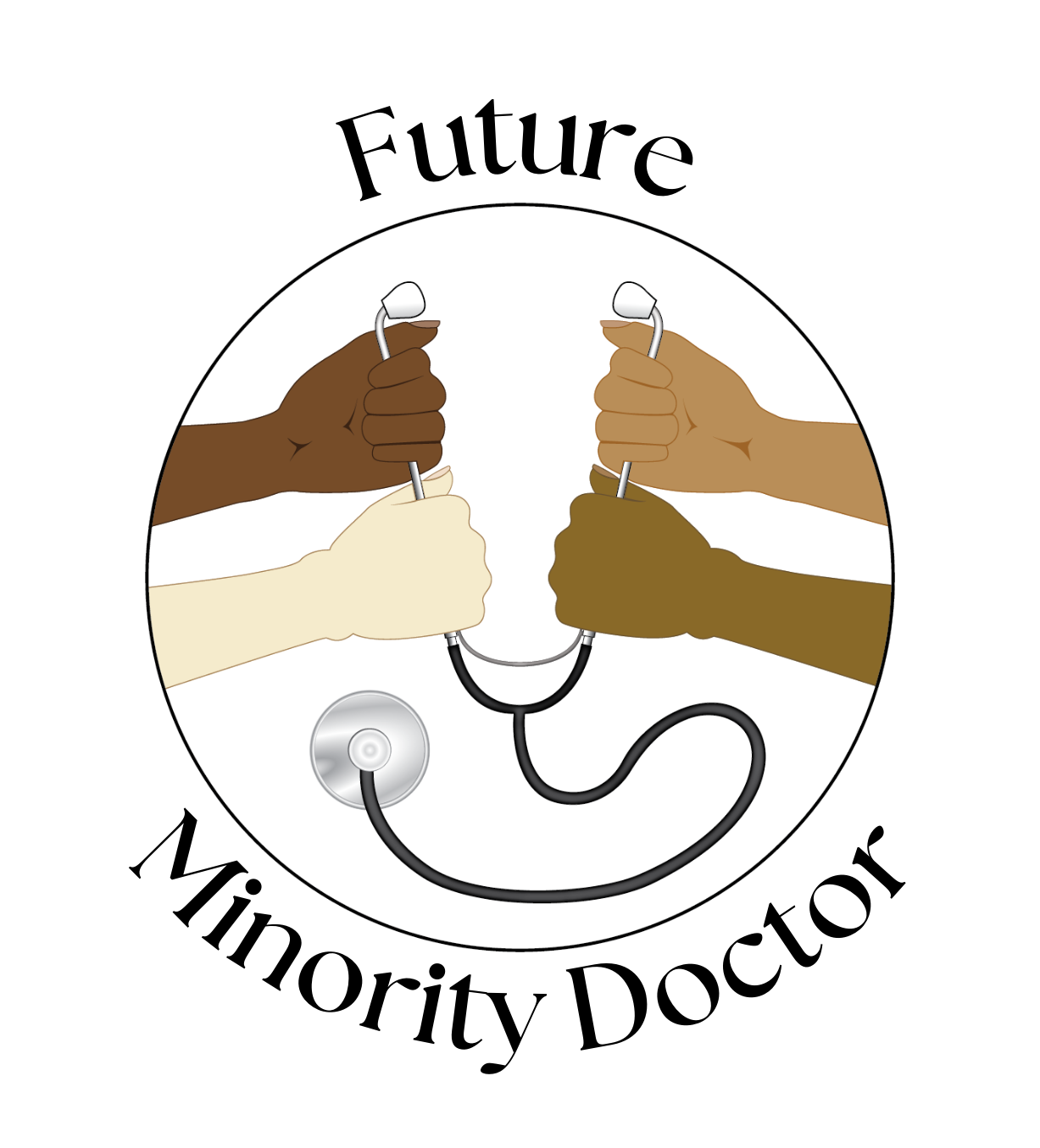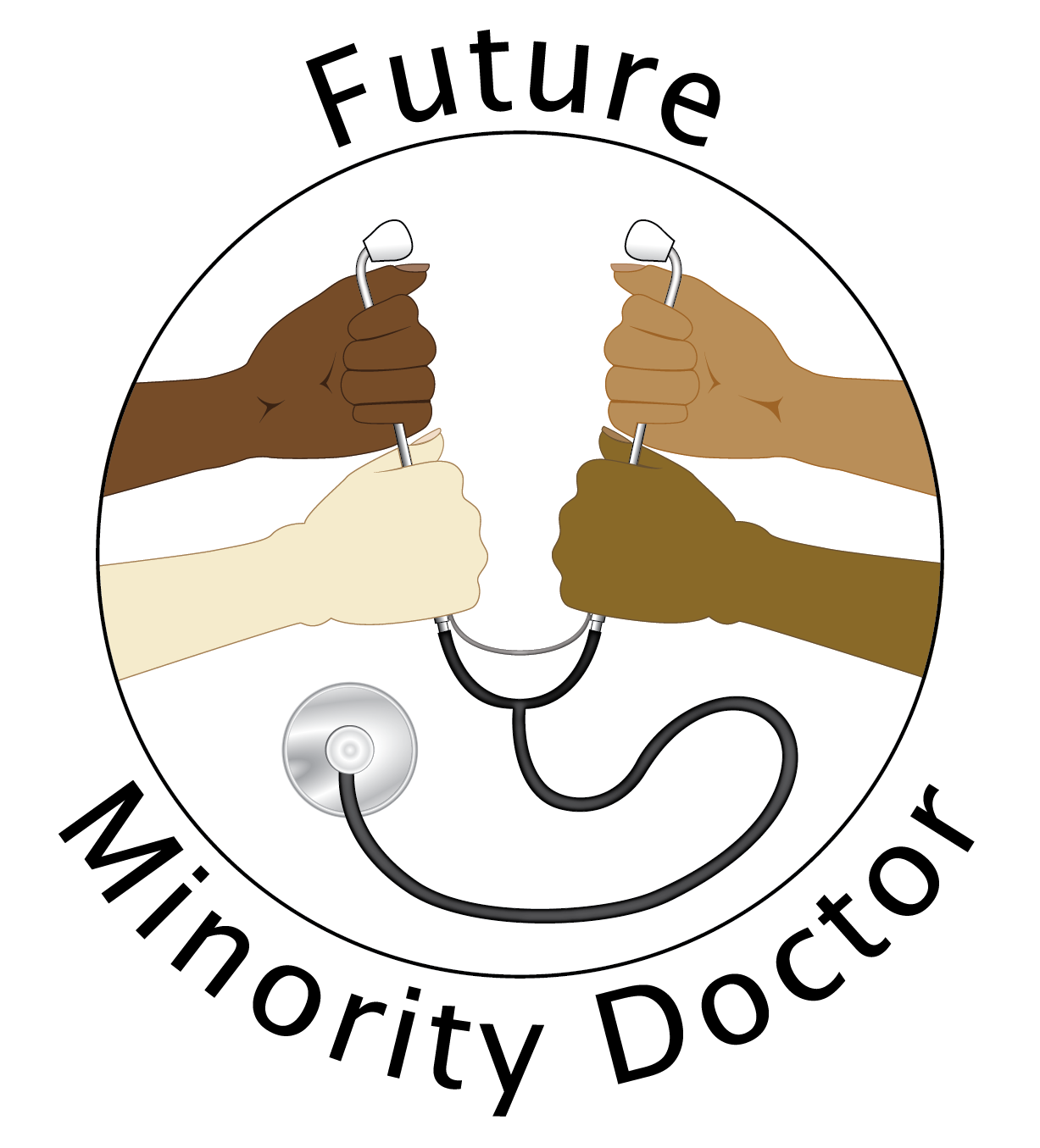“Celia’s” Personal Statement
On November 30, 20XX, my mother and I immigrated from El Salvador. We left behind our friends, family, and the sense of safety our community provided. Although I was only six years old at the time, this journey changed the trajectory of my life, and instilled in me resilience and perseverance. Over the years, it became more and more distressing to learn what it meant to be an undocumented immigrant and to discover that we were treated as second-class citizens. It started to make sense why my parents never attended the doctor’s office, even when they were so sick that they could not get out of bed. It also made sense why they were so afraid of taking my younger sister to the emergency room when her fever had spiked above 101 degrees. As I became more educated, I learned that this experience was not unique to my family; it was the story of many undocumented families within my community who also had limited access to healthcare.
As a result of my upbringing, I became passionate about immigrant health and activism. While being on the pre-med track and majoring in Neuroscience, I also sought classes that would educate my understanding of immigrant communities. I enrolled in a class called, “Immigrant America,” which would completely change my life by the end of the semester. It taught me so much about the injustices immigrants face within our judicial system, and how their existence is reduced to a biology with no regard for the fact that each undocumented immigrant is a person with a life: families, hopes, and dreams.
The courses on immigration inspired me to seek further involvement with activism. Alongside one of my professors and three classmates, I helped educate the Middlebury community about tragedies affecting immigrant communities. We organized an event where Jason de León, the author of The Land of Open Graves: Living and Dying on the Migrant Trail, spoke about the arduous and deadly journey that many immigrants undergo in order to enter the United States. By the end of the event, people in the crowd were crying and sharing their own stories. I found it moving and inspiring to see that we had created a safe space for people to heal and connect with one another. More recently, I started volunteering with the Freedom for Immigrants detention hotline, where I provide guidance on finding legal support and commissary funds to detained immigrants. I have not only learned a great deal from these experiences, but feel grateful to be able to provide respect and kindness to immigrants lacking safety and community in these difficult circumstances.
Through my involvement in activism, I have learned about the political ways in which the lives of immigrants are diminished, and how government decisions in turn affect the physical and mental health of immigrants. This knowledge motivated me to get involved with Massachusetts General Hospital Asylum Clinic at the Center for Global Health. The Asylum Clinic introduced me to a network of physicians who volunteer their time to conduct medical and psychological evaluations on asylum seekers. I have had the privilege of being a part of some of these evaluations, and it has been heartwarming to know that so many physicians deeply care for the immigrant community, just like I do. In one particular case, an asylum seeker cried as she shared her traumatic experiences, and the physician went above and beyond to help her understand that none of it was her fault, and that with proper care she could get better. By the end of this evaluation, the asylum seeker thanked us for providing such a safe space where she could comfortably share her story. She said no one had ever made her feel heard and cared for, until her experience with the Asylum Clinic.
My advocacy for immigrants along with my Neuroscience and Psychology courses have affirmed my interest in pursuing Psychiatry. Due to the traumatic experiences of many immigrants, they are more prone to suffer from post-traumatic stress disorder, depression, and anxiety. Moreover, due to stigmas surrounding mental health and lack of racial representation within medical fields, many immigrants are less likely to seek care. As an immigrant myself, I hope to bring my own experiences and knowledge to this field and address the growing mental health crisis. I aim to provide the care and understanding for Spanish-speaking patients who may feel a lack of connection due to language barriers, and allow them to heal and feel heard.
Being a part of a community of advocates and, more recently, the Asylum Clinic has informed my desire to become a physician. I aspire to be a comforting figure for those in underserved communities, and a voice for those who may need help advocating for themselves. As a member of an underserved community myself, I understand that there is a huge need for more diversity and education within the healthcare community. With a medical education, I will create welcoming spaces for patients of all backgrounds, and aim to provide the proper care to those who may have been unintentionally neglected for far too long.
Character Count: 5083 (limit is 5300)

